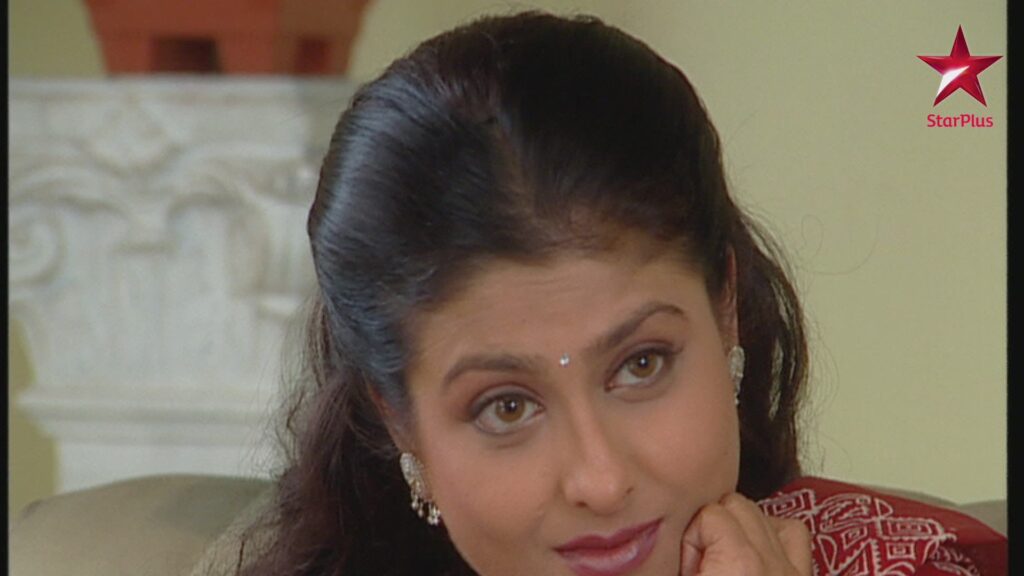
Introduction
‘Kyunki Saas Bhi Kabhi Bahu Thi’ (KSBKBT) was a trailblazing Indian television series that aired on Star Plus from 2000 to 2008, creating a significant impact on the soap opera genre. It redefined the portrayal of family dynamics, relationships, and traditional values in Indian society, resonating with millions of viewers. As one of the longest-running shows in Indian television history, KSBKBT not only captured the essence of its time but also initiated conversations about modernity and tradition in Indian households.
Main Body
Created by Ekta Kapoor of Balaji Telefilms, KSBKBT revolved around the life of Tulsi Virani, a woman who navigated complex family relationships and societal norms. The show became a cultural icon, known for its dramatic twists, memorable dialogues, and strong characters. It starred prominent actors like Smriti Irani, who played Tulsi, and showcased a range of family members representing various generations and their interactions.
One of the most significant aspects of KSBKBT was its portrayal of women, wherein Tulsi evolved as a symbol of resilience and strength. The show’s narrative often highlighted women’s roles as caretakers and decision-makers within the family, challenging traditional gender roles. Moreover, KSBKBT introduced a formula of familial bonds and conflicts that has since been replicated across numerous television series in India.
The series achieved massive viewership, often topping ratings charts. It brought social issues such as marital discord, the significance of loyalty, and intergenerational conflicts to the forefront, thus sparking discussions among audiences. Notably, the show’s dialogue, particularly the catchphrases, became part of popular culture, making it a memorable chapter in television history.
Despite criticism for melodrama and lengthy plots, the influence of KSBKBT is undeniable. It created a blueprint for many subsequent shows, paving the way for creatives and producers alike to explore deep family narratives. From fashion trends to lifestyle influences, the show’s impact reached beyond television screens.
Conclusion
The legacy of ‘Kyunki Saas Bhi Kabhi Bahu Thi’ serves as a reminder of the power of storytelling in shaping societal norms and cultural dynamics. As audiences continue to evolve, the show remains relevant, often used as a reference point in discussions about contemporary television narratives in India. Looking ahead, the influence of KSBKBT promises to inform future productions, with its themes of family, love, and conflict continuing to resonate in an ever-changing societal landscape.



